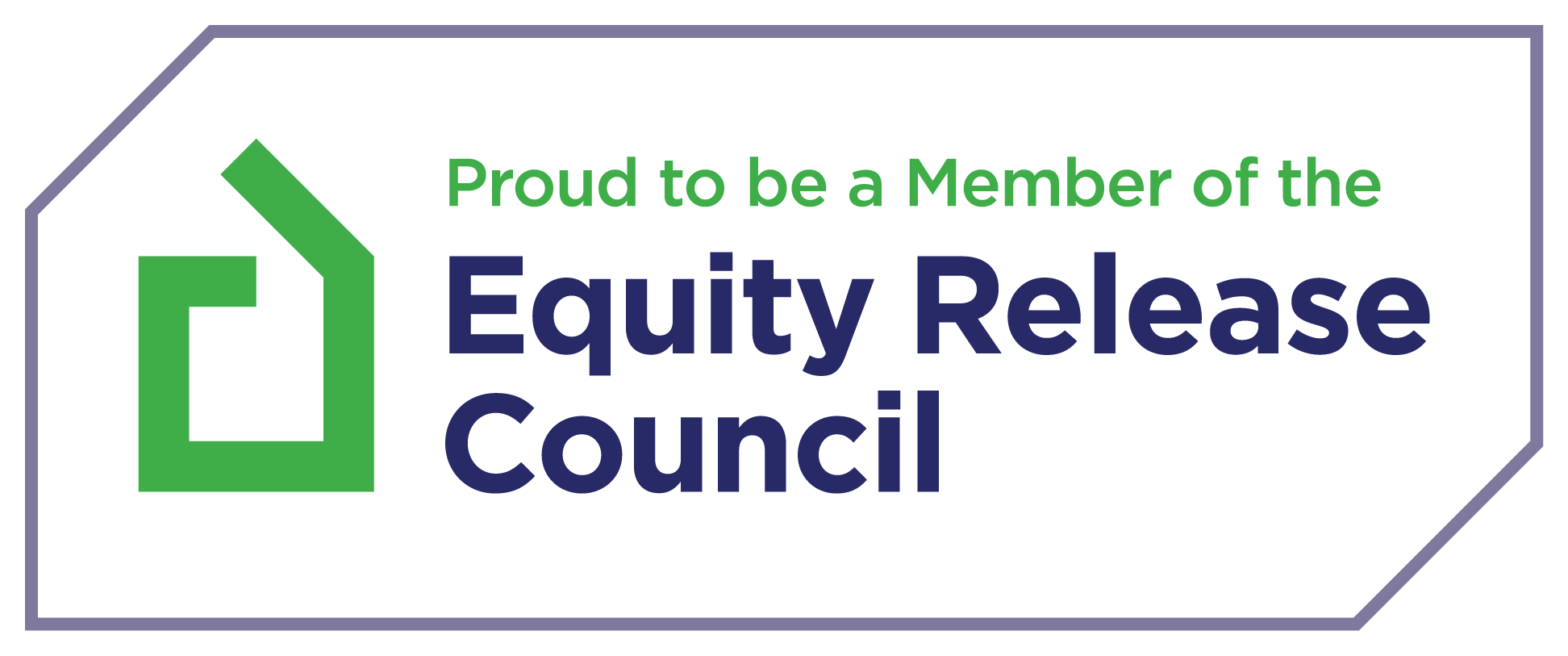Contact
020 4515 6728
info@ccameron.co.uk
Charles Cameron & Associates
Blackfriars Foundry
154-156 Blackfriars Road
London SE1 8EN
Funding home improvements with equity release
October 6, 2021
Information published was correct at the time of writing
Lending options for over-55s could provide the cash you need to invest in your home

If you’re over 55 and don’t have the funds available for improvements you’d like to make to your home, exploring equity release may be one option to consider if appropriate to your particular situation. As well as cosmetic improvements, as we get older it’s important our homes adapt as our needs change and renovations can be vital in improving accessibility. But some people are not able to undertake this vital work because they cannot afford it.
UNLOCK WEALTH
One possible solution for those who need extra money to make much needed improvements is to unlock equity from their home. There has been a rise in the number of people looking to unlock wealth from their home to make renovations, with 2021 seeing an increase of 134% compared to the same period last year, according to new data. Many people now have more pressure on their finances than in the past, whether due to furlough, redundancy or forced early retirement. This has led some people to explore alternative ways to pay for them that they might not have otherwise considered.
OVER-55s OPTIONS
After turning 55, you’re able to access various ‘later life’ lending options, including equity release. Equity release is a way to convert the wealth you currently hold in property into cash. Recent research commissioned by the Good Home Inquiry found that the majority (63%) of people approaching later life in England see home renovations as a priority in the next two years. However, half (50%) of those aged 50-70 said the main reason they would not be able to carry out all the renovations they want is because they cannot afford it.
LIFETIME MORTGAGE
One equity release product is called a ‘lifetime mortgage’, which is available to homeowners aged 55 or over. You can take the money as a lump sum, series of lump sums or as a regular income. No repayments are required until you die or move out of your home into long-term care. The loan is then repaid after you (and your partner, for jointly owned properties) have died, when the property will be sold. Once the loan, interest and fees are deducted by the equity release provider, any remaining proceeds from the sale are passed on to your loved ones.
HOME REVERSION PLAN
Another equity release product is a home reversion plan. This is a way to sell all or part of your home, and in return, be given a tax-free cash lump sum or regular income, and a lifetime lease. The provider buys a portion of your home at below market value. You (and your partner, for jointly owned properties) retain the right to live there until your death. Afterwards, the home is sold, with the equity release provider taking a percentage of the proceeds based on the proportion of the property that they own.
RETIREMENT INTEREST-ONLY MORTGAGE
Thirdly, you have the option of a retirement interest-only mortgage. This is similar to a lifetime mortgage, but you will make repayments in your lifetime to cover the interest due on the loan. Therefore, the amount of capital owed to the provider after your death remains the same, rather than growing.
EXPLORING EQUITY RELEASE
It isn’t just home improvements that can be funded with equity release. The cash can be used for any reason you’d like, whether that’s to help younger family members to get on the property ladder or to make your retirement years more comfortable. The data also shows a 96% rise in the first five months of this year in the number of enquiries about gifting money to loved ones, compared to 2020. Requests to unlock cash for the purpose of gifting may come as parents and grandparents provide housing deposits, but the spike in requests may also be an indication of how the older generation has been relied on as a vital source of regular financial support for those hit by the pandemic.
LONGER-TERM PLANS
Gifting money to a family member can be hugely rewarding and can often make good financial sense, but the key is not to lose sight of your own longer-term plans. There is a risk that people could be underestimating what they need to fund a comfortable retirement. Therefore it’s important to gift sensibly and this needs to include thinking about our own ambitions for our lifestyle in later life as we cautiously begin the transition back into our normal way of living.
We are proud members of the Equity Release Council.




